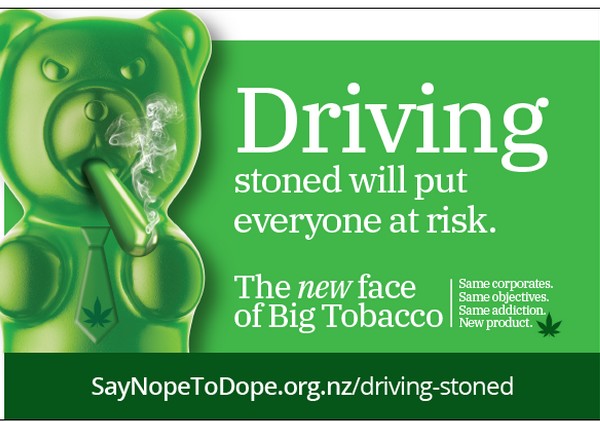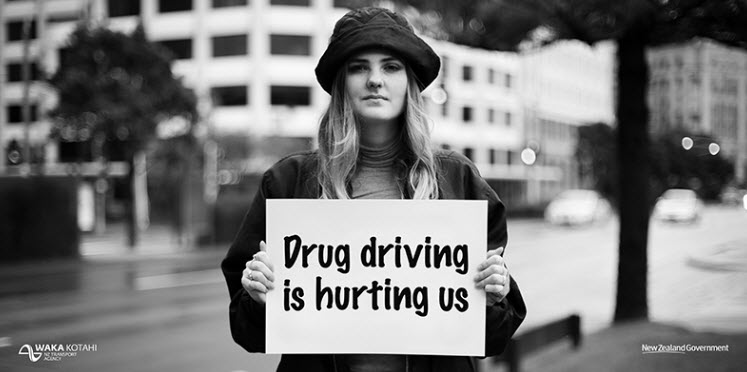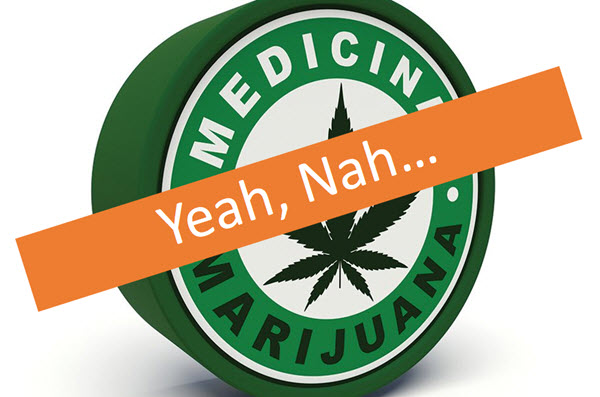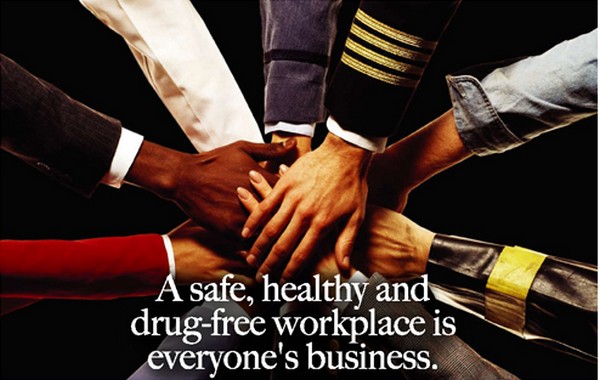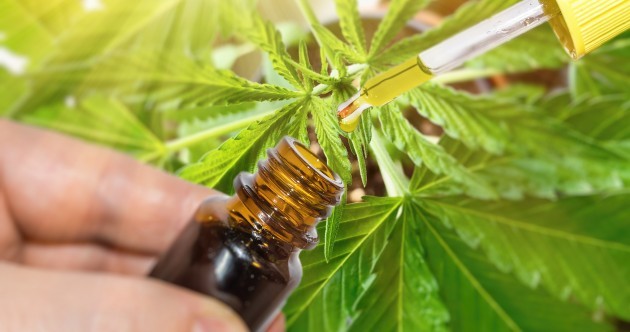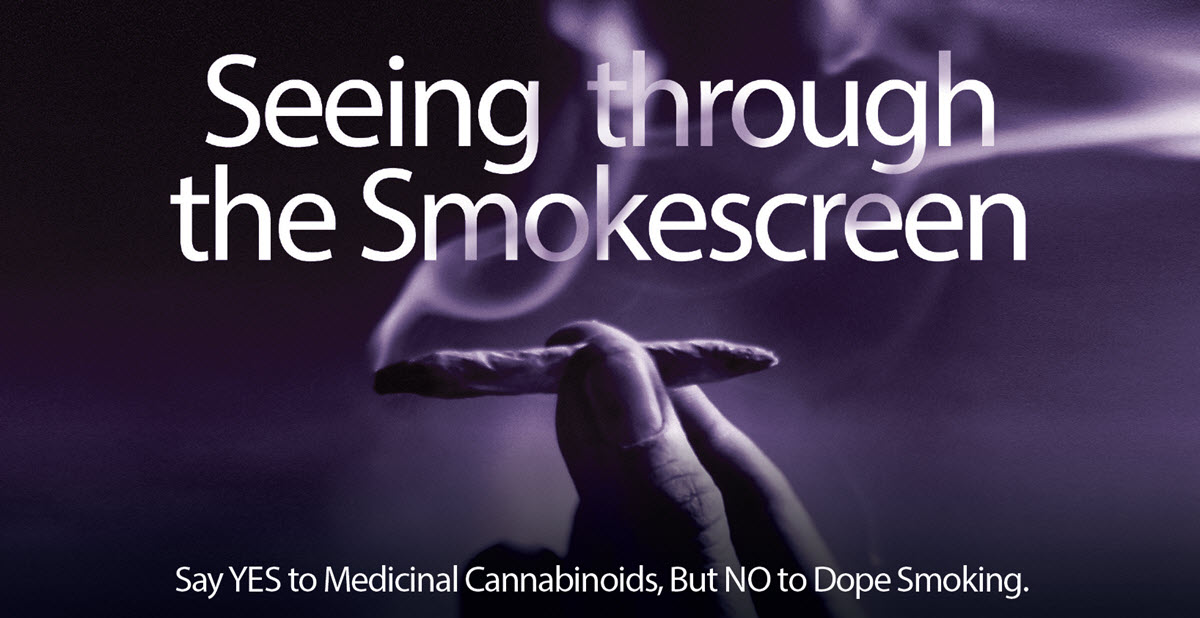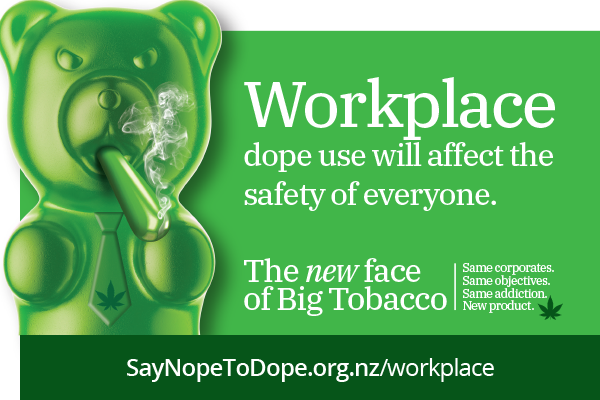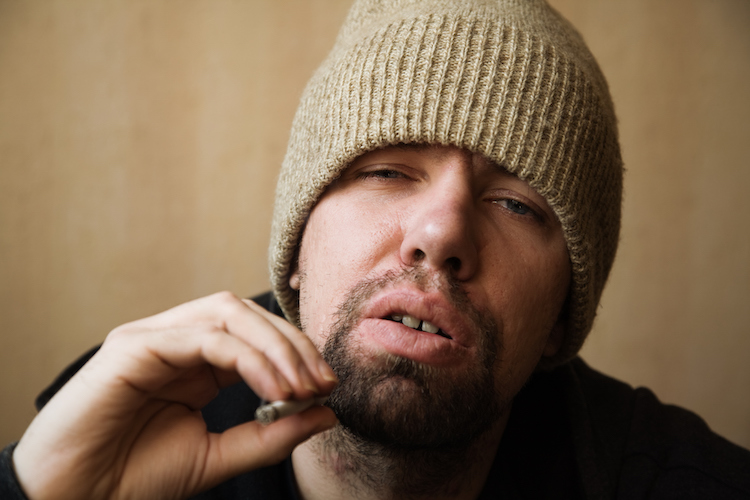
Stuff co.nz 31 July 2020
Our additional comment: This is a must read – based on facts and experience, not ideology and drug advocacy!!
“Despite what some would have you believe, cannabis is not a harmless recreational drug. It can introduce the user to far more potent drugs. We know this only too well and we write from personal experience. Our son’s tragic end began with a few innocent puffs of cannabis while at high school. His casual puff grew into an addiction and he was expelled from sixth form college for the use of illicit substances. He then spent his days walking the streets of our local town, at one time being unwilling to speak to, or even meet us – his parents. During this period he progressed from cannabis to ecstasy, cocaine, LSD, heroin and more. You name it, he’d tried it… Eventually he came to his senses, came to us for help and we put him through an expensive rehabilitation course at one of the renowned priory clinics in the UK. After completing this course, he remained clean for many years, but sadly we learned that you never can be confident that the habit has been beaten… We urge you, indeed we beg you to vote no to cannabis legalisation, if not for your own sake, for that of others. If you already are a user, we urge you to stop now. And if you’re not a user, please, please don’t even try a few experimental puffs. It can be a slippery slope once you are on it.”
OPINION: Despite what some would have you believe, cannabis is not a harmless recreational drug. It can introduce the user to far more potent drugs. We know this only too well and we write from personal experience.
Death. It’s a horrible word, isn’t it? Think about it – the curtain falling at the end of a show. It’s all over. The unnecessary and premature end of a potentially long and fulfilling life.
Neither of us are ones to weep, but my wife and I each spent a sleepless night, lying in bed weeping after we received a life-shattering telephone call from a police officer in England.
The poor man had the unwanted task of telling us that at 5:30 that morning, a cleaner had found the body of our 25-year-old son where he had died on the floor of a restaurant toilet in Hong Kong.
We wept again at our son’s cremation service in England.
In your heart, would you really want to increase the chance of your children or grandchildren being at even the slightest risk of such a cold and lonely death? Most children look to their parents as role models and think, quite understandably, “If Mum and Dad do it, then it must be OK”.
Our son’s tragic end began with a few innocent puffs of cannabis while at high school. His casual puff grew into an addiction and he was expelled from sixth form college for the use of illicit substances.
You learn to live with your loss (eventually) but you never forget, and not a day passes without each of us remembering and thinking of our ‘lost’ son.
We urge you, indeed we beg you to vote no to cannabis legalisation, if not for your own sake, for that of others. If you already are a user, we urge you to stop now. And if you’re not a user, please, please don’t even try a few experimental puffs. It can be a slippery slope once you are on it.
READ MORE: https://www.stuff.co.nz/national/cannabis-referendum/122203579/cannabis-referendum-a-few-puffs-of-cannabis-led-our-son-to-drug-addiction

